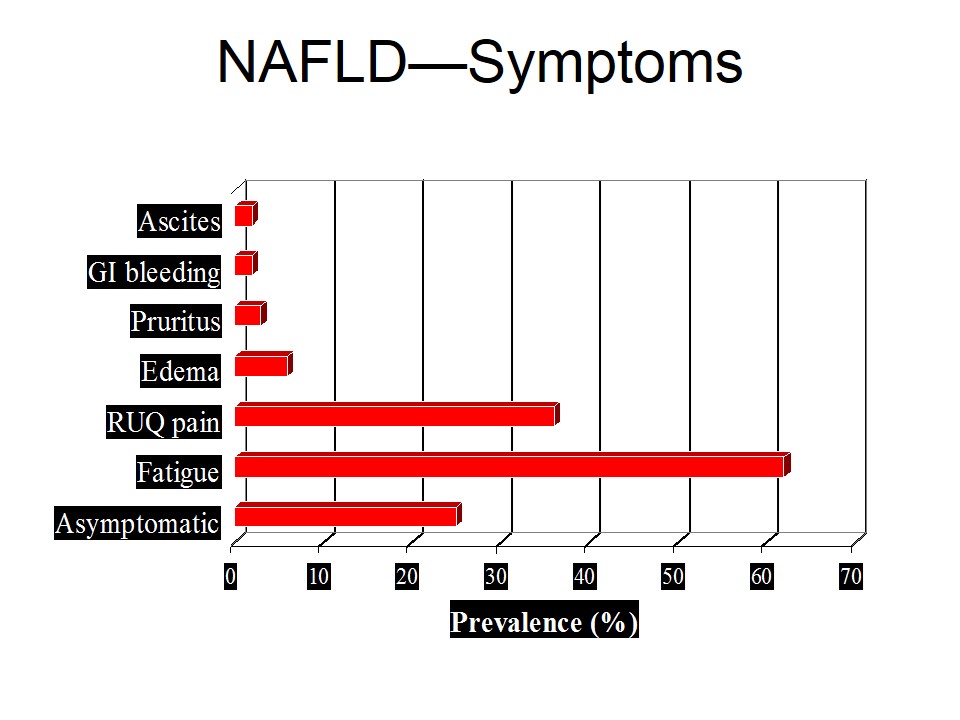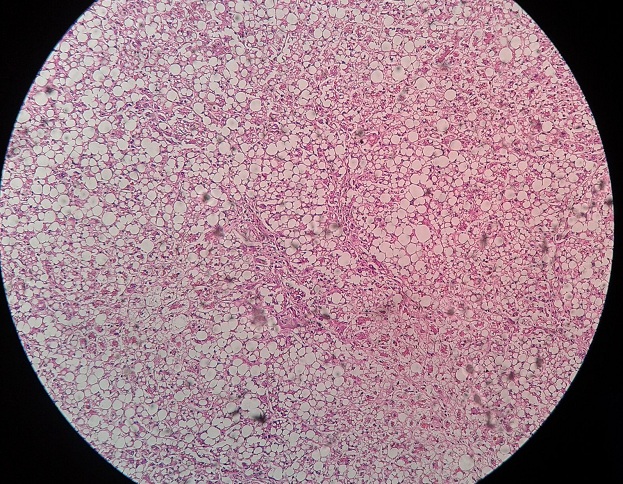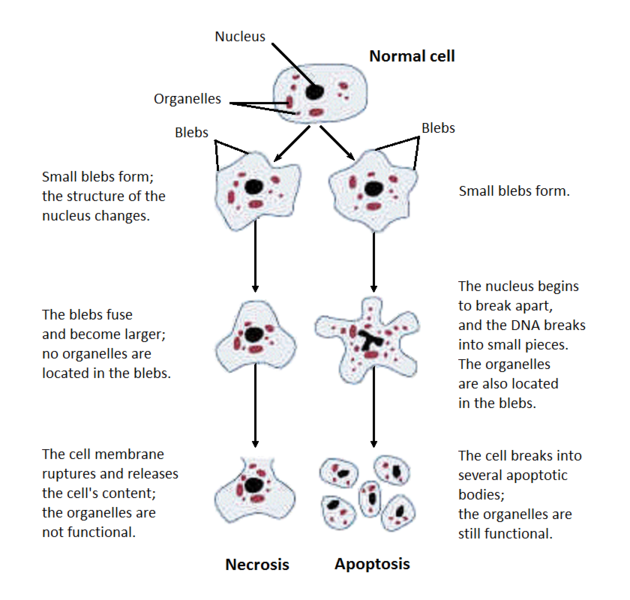Grading Grading is the level of cellular differentiation (microscopic). It is done to obtain a microscopic picture of tumors. Tumors … Read More »
Chemical Carcinogenesis
Radiations, microbes and chemicals cause mutations, leading to formation of malignant cells. There are three steps in transformation of normal … Read More »
Oncogenesis and Oncogenes -Role of RB gene and p53
Oncogenesis, the pathogenesis of neoplasm, involves either gene itself or a product, i.e. protein. Oncogenes Oncogenes are the genes that … Read More »
Carcinogenesis
Carcinogenesis is the pathogenesis of cancer. Cancer patients may have inherited mutations predisposing to cancer. There are 3 categories of … Read More »
Neoplasia -An Introduction
Neoplasia/Neoplasm Neoplasia or neoplasm refers to new growth, new mass or abnormal proliferation. Tumor Previously, any swelling caused by inflammation … Read More »
Lipomas
Lipomas are benign tumors of adipose tissue. These are most common soft tissue tumors of adulthood. The malignant variant of … Read More »
Basal Cell Carcinoma
Basal cell carcinoma is a slow growing tumor and is the most common tumor with aggressive local invasion. It is … Read More »
Squamous Cell Carcinoma
Malignant tumor of squamous cells or squamous epithelium is known as squamous cell carcinoma. It is most common in elderly … Read More »
Leiomyoma
Leiomyoma is a benign tumor of smooth muscles. It is mostly present in uterus. It can also be seen in … Read More »
Thrombosis
Inappropriate activation of normal hemostatic mechanism, such as formation of blood clot (thrombus) in an uninjured vessel or thrombotic occlusion … Read More »
 howMed Know Yourself
howMed Know Yourself





